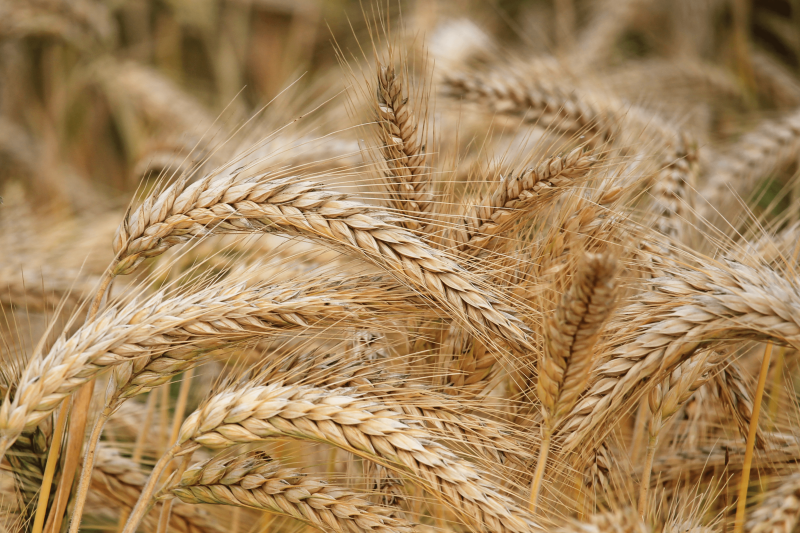Wheat now provides 20% of the calories consumed by humans every day, but its production is under threat. Thanks to human-induced global heating, our planet faces a future of increasingly severe heat waves, droughts and wildfires that could devastate harvests in future, triggering widespread famine in their wake.
But the crisis could be averted thanks to remarkable research now being undertaken by researchers at the John Innes Centre in Norwich. They are working on a project to make wheat more resistant to heat and drought.
“Wheat – despite its critical importance to feeding the world – has proved to be the most difficult of all the major crops to study because of the complexity and size of its genome. Hence, the importance of the search to find the gene that was the cause of this problem,” [said Professor Graham Moore].
It has taken several decades but scientists at the John Innes Centre have now succeeded in their hunt for their holy grail. They identified the key gene, labelled it Zip4.5B and have created a mutant version of it, one that allows the gene to carry out its main function – to allow wheat chromosomes to pair correctly and maintain yields – but which lacks its ability to block the creation of new variants with attributes from wild grasses.































